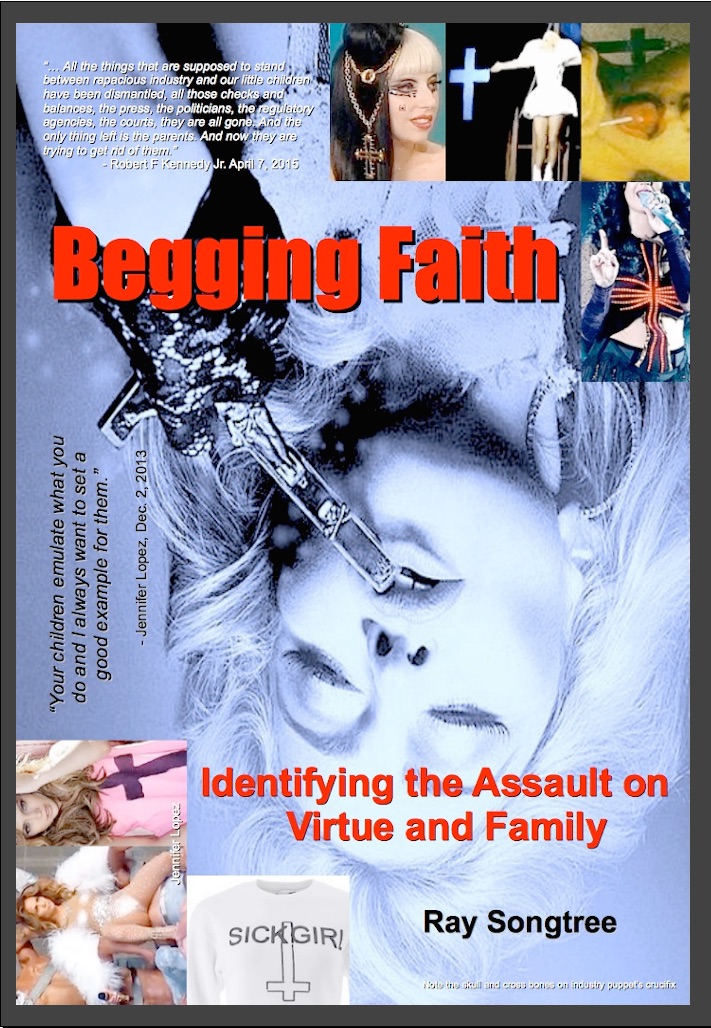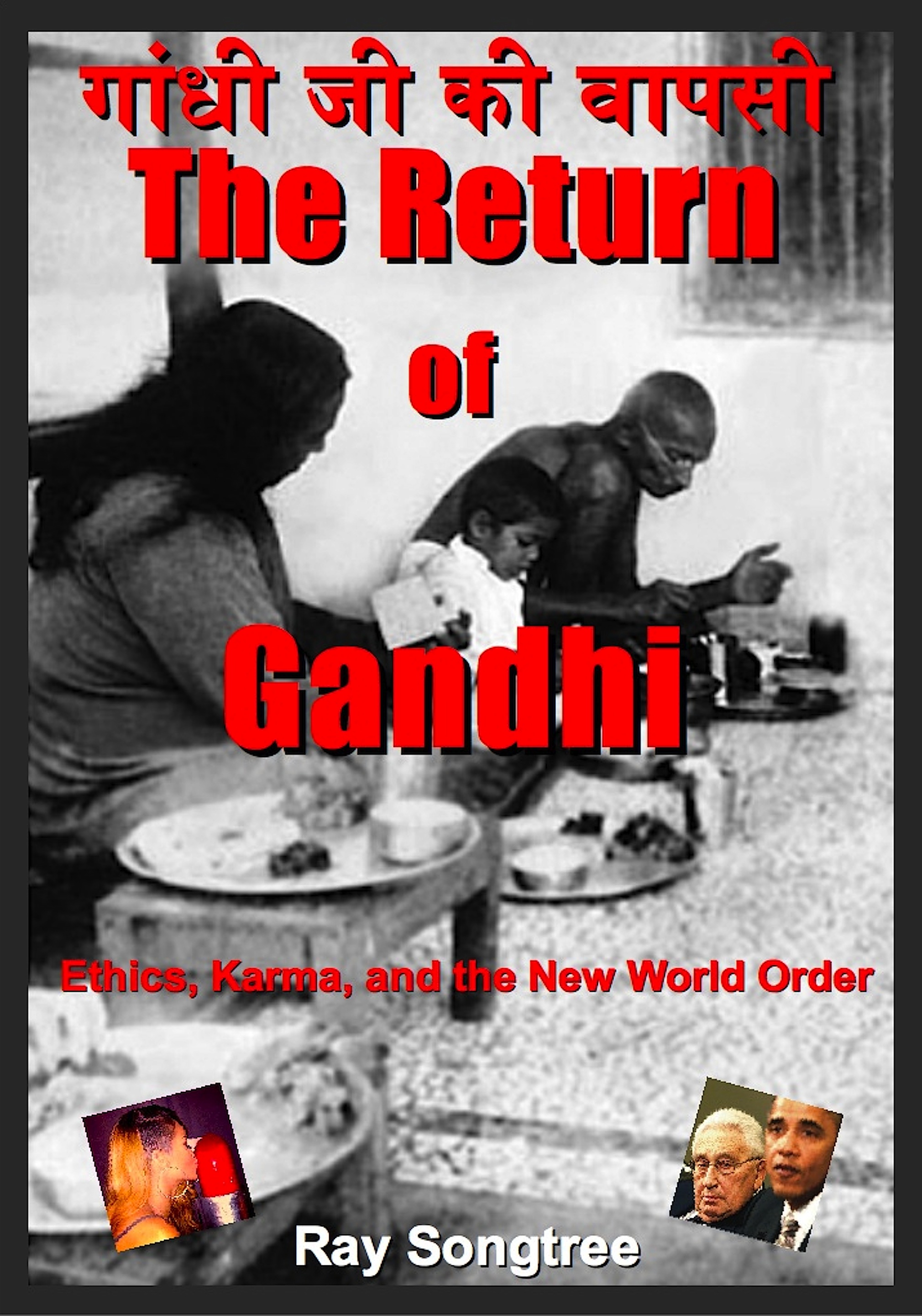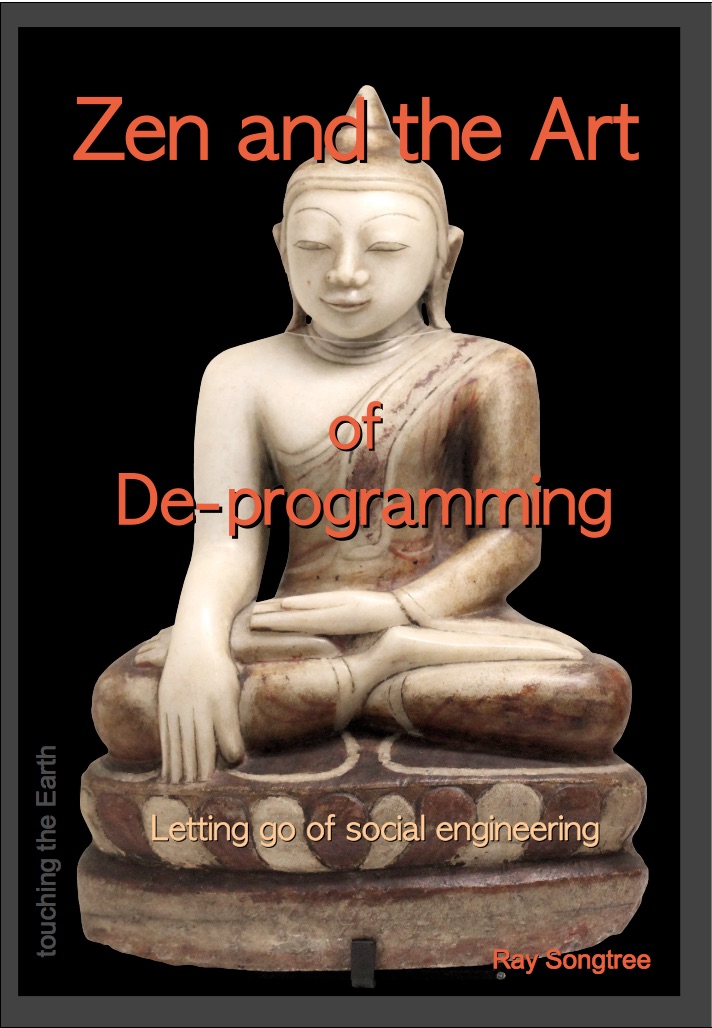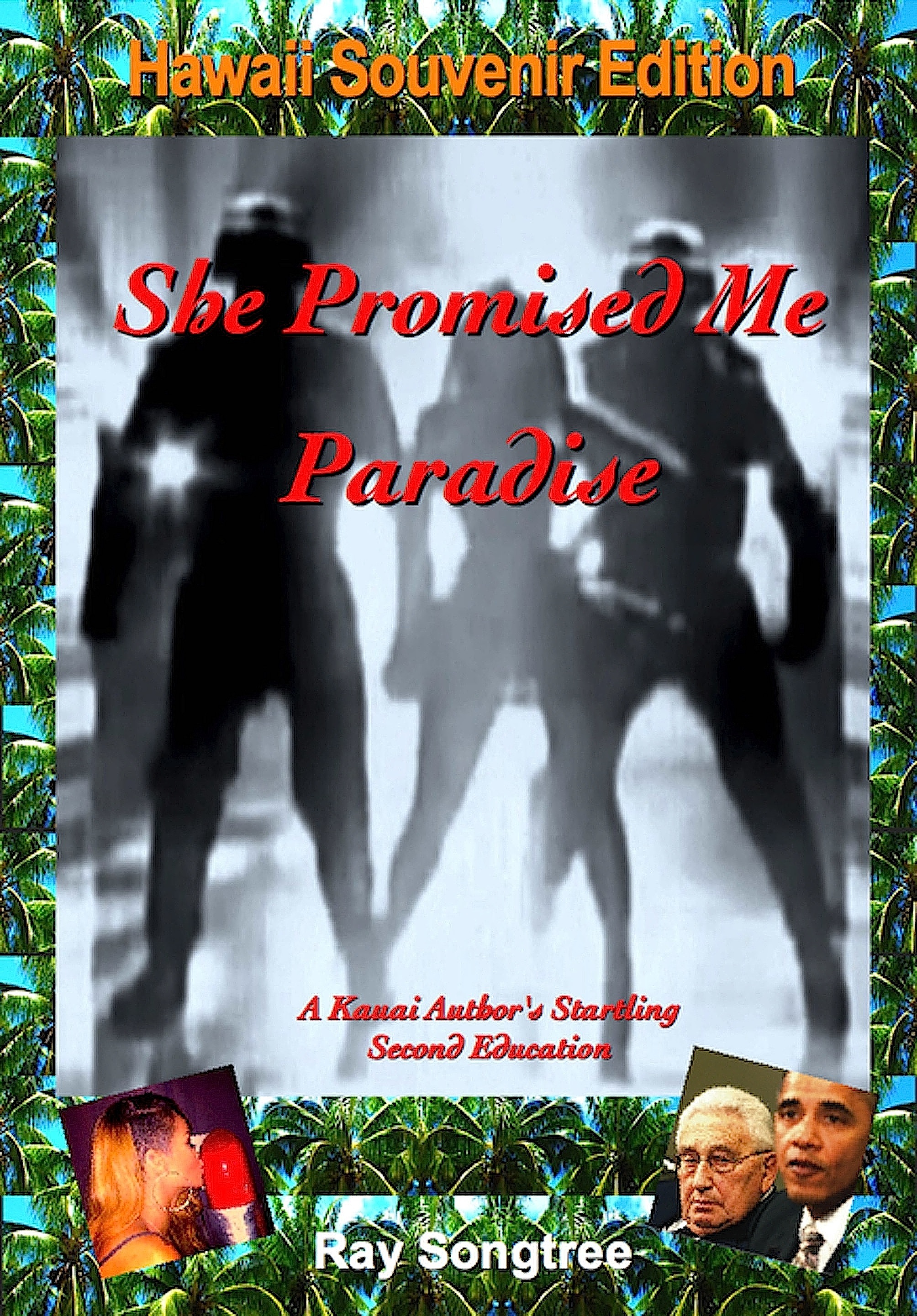“Polls show that an overwhelming majority of Jewish Israelis approve of the plan of action that the government is carrying out, rounding 50,000 non-Jewish Africans out of Israeli cities, into desert detention centers, and from there back to Africa.”
Ethiopian-Israelis Protest Police Brutality, But Do Black Lives Matter in Israel If They’re Not Jews?

JERUSALEM – NOV 20, 2014: Ethiopian Jewish women pray at the Sigd, in Jerusalem, Israel. The Sigd is an annual holiday of the Ethiopian Jews
Photo Credit: RnDmS / Shutterstock.com
The crowd swelled into an electric mass of over 1,000 dark-skinned youths, blocking city streets and demanding an end to the brutalities endured by their peers at the hands of Israeli security forces. A the protestors descended on the downtown core, Israeli border police used shock grenades, pressurized “skunk” water and tear gas to disperse the demonstrators.
This could describe innumerable incidents of Israeli state violence against Palestinian protestors over the last 67 years. In this case, it also accurately describes the events that transpired on April 30, 2015 in Jerusalem, where day-long demonstrations by native-born Jewish Israeli citizens were met by violent crowd control methods perfected on Palestinians.
When Jews express their grievances with the Israel government, police prefer not to employ biological weapons against them, if for no other reason than the use of gas against Jews can evoke painful comparisons to Nazis. But the protestors’ Jewishness did not protect them on April 30, because their group occupies the least privileged rung in Jewish Israeli society, that reserved for descendants of dark-skinned sub-Saharan Africans, Ethiopian-Israelis.
The immediate trigger of the Ethiopian protests was a widely watched video clip of Israeli police officers beating an Ethiopian-Israeli soldier without provocation, filmed a few days previous in a Tel Aviv suburb. The viral video catalyzed an outpouring of anger, and not only because police are among the most despised public servants in Israel, while soldiers are the most fetishized. It struck such a deep chord among Ethiopian-Israeli youth because police brutality is an all-too-familiar phenomenon to many of them.
The April 30 protests picked up where a January march to Jerusalem left off. Last year, Israeli police bullied an Ethiopian-Israeli family into burying one of their sons before being allowed to see his body. Though paralyzed by grief, they suspected foul play, because officers had badly beaten the young man and dumped him in a police parking lot four months earlier. Though his death bred bitter resentment in the community, it would take four more months for Ethiopian anger to reach a critical mass.
The protests against racist police brutality in the United States that have exploded in recent times seem to have inspired Ethiopian-Israelis to take to the streets as well. On April 30, some Ethiopian protesters drew a direct connection between their own struggle and the ongoing anti-racist urban uprising in the U.S., with banners reading “Black Lives Matter” and chants of “Baltimore is here!”
Israeli lawmakers across the political spectrum responded rapidly to news of the Ethiopian demonstrations will expressions of solidarity. In the wake of the civil unrest, the Israeli police commissioner announced he would work with community leaders to review criminal cases involving Ethiopian-Israelis in which racial discrimination may have been a factor. Lighter-skinned Israelis whose ancestors immigrated from other parts of the world have also expressed sympathy for the Ethiopian cause.
It has not been hard for Ethiopians to convince their fellow Israelis that they face systemic state racism, especially in light of the long list of injustices they have suffered over the years. Unlike all other Jewish immigrants, they were forced to trek on foot for months before the government agreed to airlift them to Israel. Ethiopian men were told they would have to be circumcised a second time, and Ethiopian women were coerced into receiving contraceptive injections that that reduced their birth rate by 50 percent.
Of course, color-based racism in Israel is not restricted to state officials. Paler-hued Jews have been known to collude in order to keep Ethiopian-Israelis out of neighborhoods, schools and even public bomb shelters while air raids sirens are blaring. But Israeli anti-blackness is ultimately trumped by the near complete consensus in favor of Jewish immigration. Because Jewish rule is predicated upon a Jewish super-majority in sovereign Israeli territory, almost all Zionists strongly support the immigration of Jews, no matter their ethnicity.
But just as the Zionist imperative to increase the proportion of Jews living on the land manifests as support for the presence of Jewish Africans, it also translates into hostility toward the presence of non-Jewish Africans. Polls show that an overwhelming majority of Jewish Israelis approve of the plan of action that the government is carrying out, rounding 50,000 non-Jewish Africans out of Israeli cities, into desert detention centers, and from there back to Africa.
Just 48 hours after the Jerusalem protest, a few hundred Israelis gathered in central Tel Aviv to protest these deportations, arguing that the non-Jewish Africans, asylum-seekers who fled slavery in Eritrea and ethnic cleansing in Sudan, should be granted refugee status. But with the exception of one or two radical outliers, the crowd was completely devoid of Ethiopian-Israelis. In Israel, black Jews are just as likely to support the expulsion of the asylum-seekers as white Jews, and perhaps even more so.
Though some would assume Ethiopians would empathize with other oppressed groups in Israel—especially their fellow black Africans—this has overwhelmingly not been the case. While disappointing, it is hardly surprising: Palestinian people routinely note that out of all the occupation forces they face, Ethiopian-Israeli troops mete out some of the most vicious abuses.
Ironically, the shameful silence of Jewish Africans in the face of the Israeli government’s war on non-Jewish Africans is having karmic consequences. As Ethiopian-Israeli protesters adopt the heroes and hashtags of African Americans, hoping to draw international attention to their plight, those African Americans claiming to be their most loyal allies—Christian Zionists—have themselves gone completely mute. These fair-weather friends are now refusing to augment Ethiopian voices, since they run afoul of efforts to convince opinion-makers that there is no state-sponsored racism in Israel.
Since the 130,000 Ethiopians in Israel only amount to about 2% of the population, the campaign to combat systemic racism will require forging alliances with other people of color, at home and abroad. It is still unclear how hardcore Black Lives Matter activists in the United States will respond to news of Ethiopian-Israelis adopting their war cries. But if African Jews hope to recruit allies in the U.S., they may have to confront the difficult question of why they aren’t looking for local partners of color as well.




